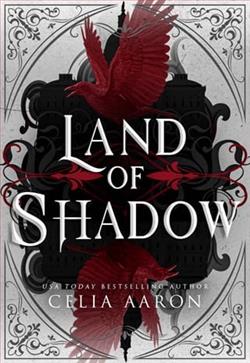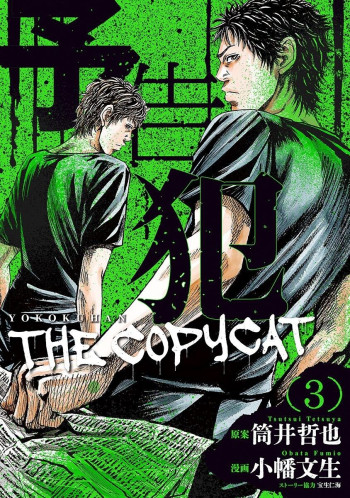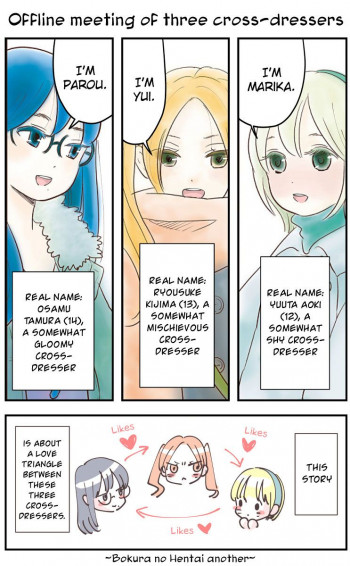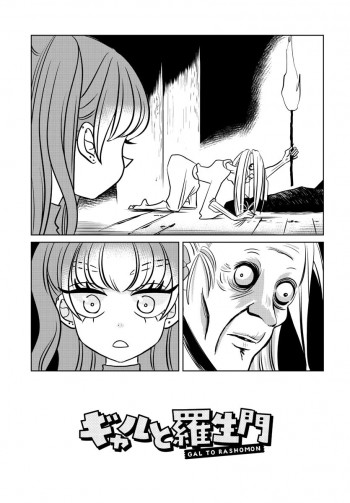Martial Peak Reviews
Celia Aaron's Land of Shadow is a gripping exploration of a dystopian world teetering on the brink of annihilation, where the remnants of humanity grapple with the dual threats of a devastating plague and the emergence of superhuman entities. At its core, the novel is a compelling blend of science fiction and dark fantasy, with a narrative that delves into the complexities of power, survival, and the moral ambiguities that arise when humanity is pushed to its limits.
The story centers around Dr. Georgia Clark, a dedicated scientist whose life is consumed by the quest to find a cure for the plague that has decimated human civilization. Her character is meticulously crafted, embodying the resilience and determination of someone who has seen the world crumble yet refuses to give up hope. Georgia's scientific endeavors are juxtaposed with the ambitions of her sister, Juno, who seeks salvation not through science but through the acquisition of power. This sibling dynamic adds a rich layer of tension and conflict to the narrative, as both sisters pursue their goals with unwavering conviction, albeit through vastly different means.
Enter Valen Dragonis, the enigmatic emissary of the superhumans who offers humanity a lifeline in the form of "Juno’s Miracle," a lifesaving blood that promises survival. Valen is a fascinating character, shrouded in mystery and possessing an allure that is both seductive and sinister. His interactions with Georgia are fraught with tension, as he becomes her sole source of the miracle cure while simultaneously ensnaring her in his manipulative grasp. The relationship between Georgia and Valen is a masterclass in character development, as Aaron deftly explores themes of trust, manipulation, and the blurred lines between savior and captor.
The novel's thematic exploration of power dynamics is particularly noteworthy. Through the characters of Georgia, Juno, and Valen, Aaron examines the various forms of power—scientific, political, and supernatural—and the ways in which they intersect and conflict. The superhumans, with their vampiric qualities, serve as a metaphor for the seductive nature of power and the inherent dangers of relying on external forces for salvation. This theme is further underscored by the moral dilemmas faced by the characters, as they grapple with the consequences of their choices and the realization that the vampires' help comes at a steep price.
In terms of world-building, Aaron excels at creating a vivid and immersive setting that captures the desolation and desperation of a post-apocalyptic world. The stark contrast between the remnants of human civilization and the shadowy realm of the superhumans is rendered with meticulous detail, enhancing the novel's atmosphere of tension and uncertainty. The author's prose is both evocative and precise, drawing readers into a world where every decision carries weight and every alliance is fraught with danger.
Comparatively, Land of Shadow shares thematic similarities with other dystopian narratives such as Justin Cronin's The Passage and Margaret Atwood's The Handmaid's Tale. Like Cronin, Aaron explores the intersection of science and the supernatural, while her focus on the complexities of power and control echoes Atwood's exploration of societal structures and individual agency. However, Aaron's unique blend of science fiction and dark fantasy sets her work apart, offering a fresh perspective on familiar themes.
Overall, Land of Shadow is a thought-provoking and engaging read that challenges readers to consider the ethical implications of survival in a world where the lines between humanity and monstrosity are increasingly blurred. Celia Aaron has crafted a narrative that is both entertaining and intellectually stimulating, with characters that linger in the mind long after the final page is turned. For fans of dystopian fiction and dark fantasy, this novel is a must-read, offering a rich tapestry of themes and character dynamics that will captivate and provoke reflection.
In conclusion, Celia Aaron's Land of Shadow is a masterful exploration of the human condition in the face of existential threats. Through its intricate character development, thematic depth, and immersive world-building, the novel offers a compelling narrative that resonates with contemporary concerns about power, survival, and the moral complexities of human nature. Whether you're a fan of dystopian tales or simply seeking a thought-provoking read, this book is sure to leave a lasting impression.
























Reviews 0
Post a Reviews: